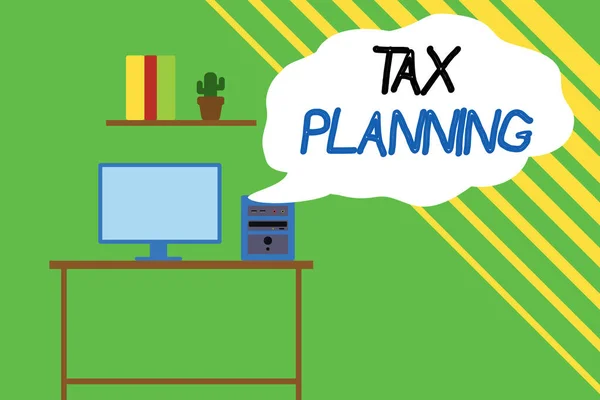
Georgia’s annual income tax collection goes beyond $1.2 billion every year. However, it is pertinent to mention here that many of the taxpayers in the region do not understand how effective tax planning works and, hence, do not know how to prepare the tax.
Moreover, many individuals fail to file their income tax by the deadline due to insufficient understanding of the procedure and incomplete documents. While such people can seek help from professional accountants in Savannah, GA, understanding the essentials of tax preparation can help them in the overall process.
Exploring the essentials of tax preparation
Tax preparation is a cumbersome process that requires you to evaluate and assess all of your annual incomes and expenses to develop the best strategy to optimize the taxes. However, if done correctly, tax preparation can be very advantageous. Therefore, you need to understand the essentials of tax preparation.
- Personal information: You must have your personal information documents in hand while preparing to file the income tax. The personal information documents you may need are a social security number, tax ID number, copy of the previous year’s deferral or state tax returns, IP PIN (identity protection personal identification number), bank account details, etc.
- Dependent information: Apart from your personal information, you may also need the information of dependants, like full name and date of birth as per social security card, social security number or tax ID number, Form 8332 in case of custody of a child, income details of the dependant, etc.
- Source of income: It is essential to not miss out on reporting the income from every one of your sources. You can report income from different sources using different forms like W2 form, form 1099G, form 1099DIV, form 1099MISC, schedule K-1 form, cryptocurrency transaction records, etc.
- Tax deduction: Expenses like out-of-pocket medical expenses, educational expenses, interest payments on student loans, mortgage payments, real estate tax, contributions to retirement accounts, health insurance premium payments, etc., are tax-deductible, which means they can reduce your taxable income. Therefore, you must keep a good record of the same.
- Tax credits: A tax credit is an essential tool that can reduce the taxes you owe dollar-for-dollar. Savers tax credits, child tax credits, American opportunity tax credits, adoption tax credits, and child and dependent care tax credits can reduce your actual tax bill.
Understanding the tax filing process

Once you have gathered all the essential documents and information required for filing taxes, you can proceed to file taxes. However, you must follow specific steps while filing taxes to ensure that you do it correctly. The following are the essential steps in the tax filing process.
- Understand if you need to file tax returns: The first step in the tax filing process is to understand whether you need to file taxes. Various factors, like age, filing status, total annual income, etc., are vital in determining whether you need to file taxes.
- Understand how tax brackets work: Depending on your yearly income, you might need to pay taxes between 10% and 37%. However, your overall income is broken down into chunks per the different income slabs, and each chunk is taxed as per the corresponding tax rate.
- Be aware of the tax filing deadlines: Many taxpayers face hefty penalties only because they do not file their taxes by the deadline. The IRS deadline for filing tax returns is usually April 15th. However, there can be a few exceptions in some states.
- Ensure you are prompt with documentation: The filers must have the essential documents detailed above before filing the tax returns. Having all the information and documents handy can make the entire process much quicker.
- Decide the filing method: You must fill out Form 1040 with the IRS to file your taxes. You can manually fill out Form 1040, e-file it by yourself, use software for filing, or even hire professionals to do it on your part.
- Completing tax filing procedure and settlement with the IRS: After filing your Form 1040, you must pay the tax. You can pay your tax using electronic payment methods, such as cards, cheques, or cash. The IRS may also offer additional payment options, including paying your taxes in installments.
Final takeaway
Tax preparation can become a lot easier when a professional helps you out. With all the relevant information and documents available, you can ensure that you file your taxes well before the deadlines and avoid penalties.



